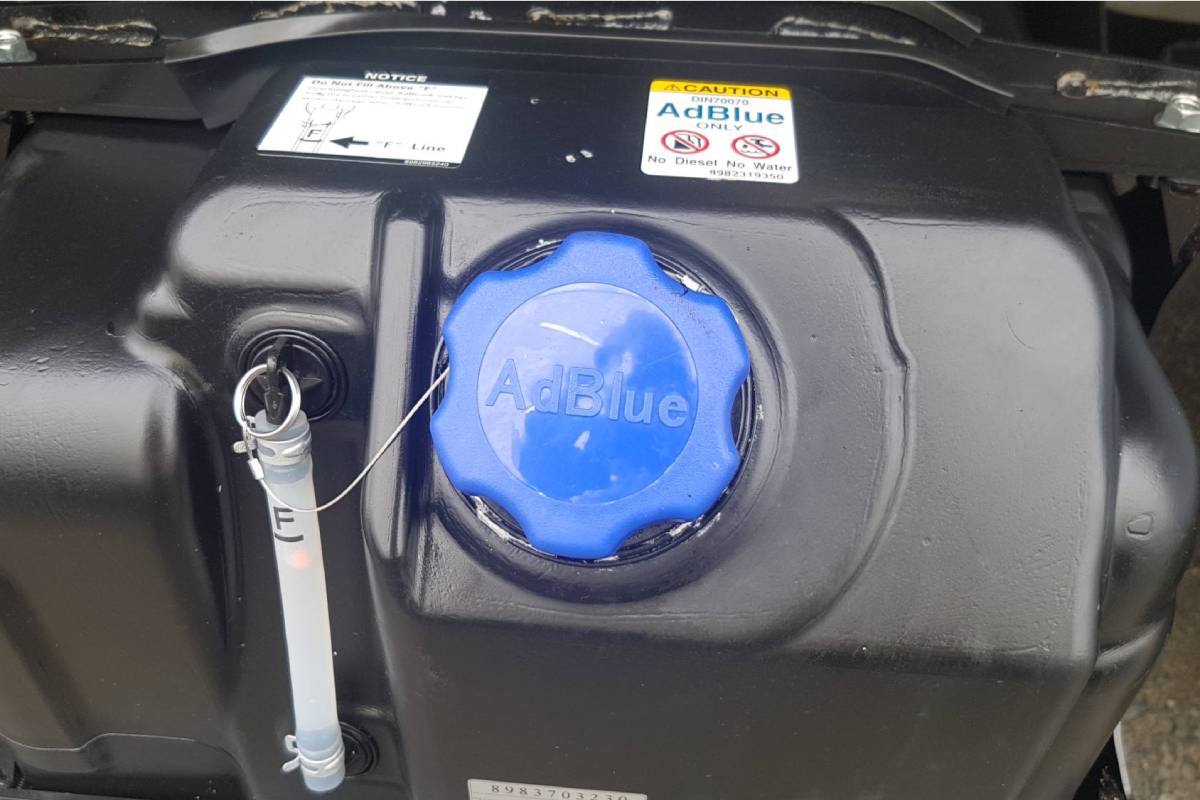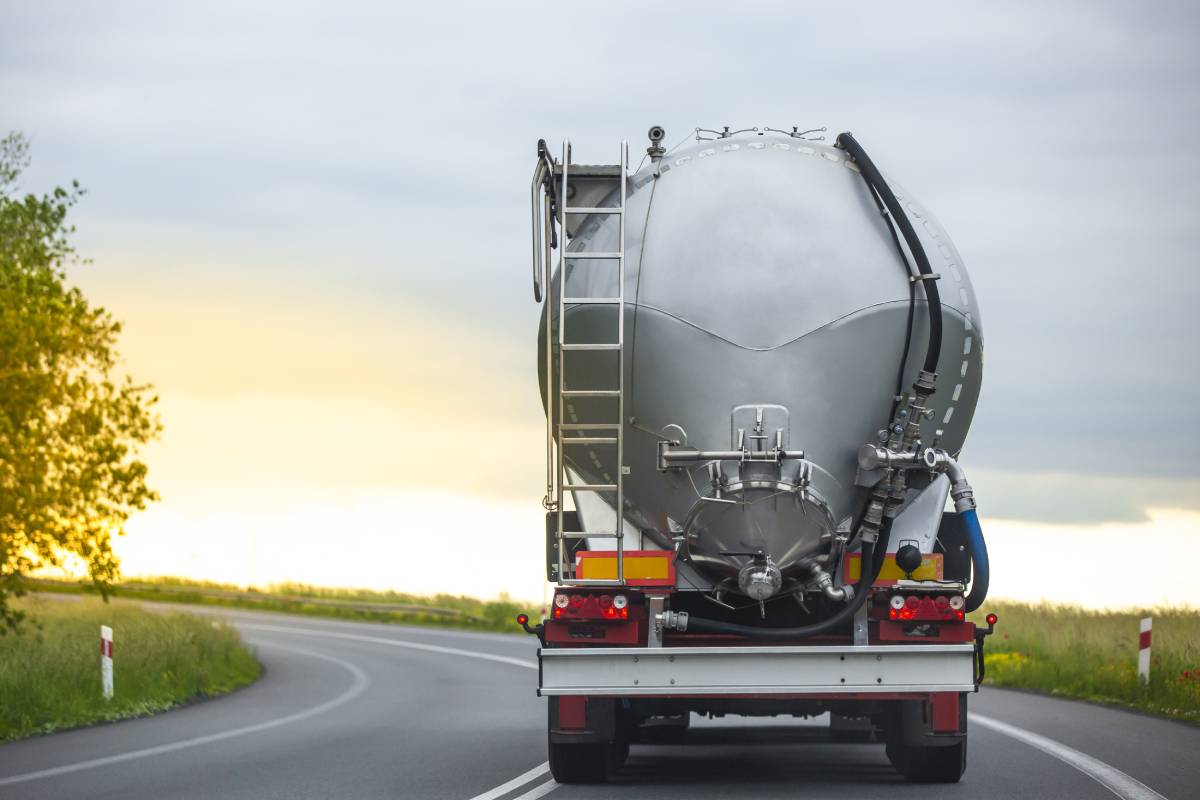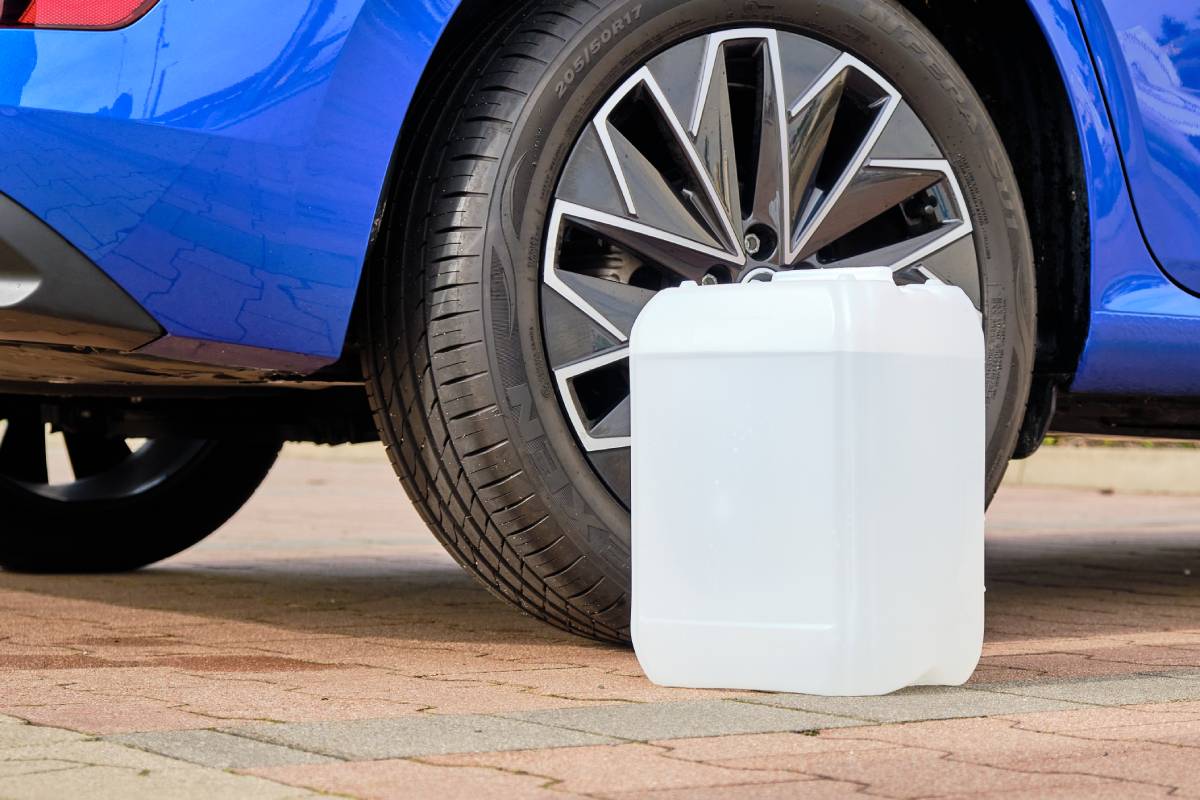What is an Alternative to AdBlue? How Much is AdBlue per Litre? Is it Cheaper to Buy AdBlue in Bulk?
AdBlue, a fluid essential for many diesel vehicles, has become increasingly critical as emission regulations tighten worldwide. However, challenges such as availability, cost, and compatibility prompt some diesel vehicle owners to consider alternatives.
This article explores AdBlue alternatives, its per-litre cost, and whether buying in bulk saves money.
What is AdBlue?
AdBlue is a high-purity urea solution used in Selective Catalytic Reduction (SCR) systems in diesel vehicles. It helps reduce nitrogen oxide (NOx) emissions, a significant pollutant produced by diesel engines, converting them into harmless nitrogen and water vapour. AdBlue is not a fuel additive; instead, it is stored in a separate tank and injected into the exhaust system.
What Are the Alternatives to AdBlue?
While AdBlue has become the industry standard for SCR systems, several alternatives and solutions exist, depending on your specific needs and vehicle requirements.
1. Non-SCR Diesel Engines
Some diesel engines do not use SCR systems, relying on other technologies to meet emissions standards. For these engines, AdBlue is unnecessary. However, most modern diesel engines employ SCR technology, making alternatives less common in newer vehicles.
2. Other Urea-Based Solutions
Some products marketed as alternatives to AdBlue are essentially similar urea-based solutions with different branding. While technically alternatives, they must meet ISO 22241 standards to ensure compatibility and effectiveness.
3. Diesel Particulate Filters (DPF)
Instead of SCR systems, some vehicles use DPFs to reduce emissions. While DPFs target particulate matter rather than NOx, combining these systems with advanced engine management can reduce overall emissions without AdBlue.
4. Hydrogen Injection Systems
Hydrogen injection systems mix a small amount of hydrogen into the air intake of diesel engines, improving combustion efficiency and reducing emissions. These systems are an emerging technology and may be a viable alternative for specific applications.
5. Electric or Hybrid Vehicles
Transitioning to electric or hybrid vehicles is a broader solution to reducing emissions and avoiding AdBlue usage altogether. While this option involves a significant upfront investment, it aligns with long-term sustainability goals.
6. Retrofitting Older Engines
For older diesel vehicles, retrofitting engines to meet emission standards can negate the need for AdBlue. However, this process can be costly and may not be feasible for all vehicle types.
Caution: Avoid using AdBlue “cheats” or fake solutions. Products that do not meet ISO 22241 standards can damage your SCR system and void warranties, leading to expensive repairs.

How Much is AdBlue Per Litre?
The cost of AdBlue can vary depending on factors such as location, supplier, and packaging size. In Australia, the price typically ranges between $1.50 and $3.00 per litre when purchased in small containers from service stations or retail outlets.
- Small Containers (5-10 Litres)
These are the most accessible options for individual vehicle owners. A 10-litre container may cost between $15 and $30. - Bulk Refill Pumps
Many service stations now offer AdBlue pumps, allowing drivers to refill directly into their vehicle tanks. The per-litre price is often lower, typically around $1.50 to $2.00 per litre, depending on the station. - Larger Drums or IBCs (Intermediate Bulk Containers)
For fleet operators or heavy diesel users, AdBlue is available in larger quantities, such as 200-litre drums or 1,000-litre IBCs. The cost per litre decreases significantly, often ranging from $1.00 to $1.50 per litre.
Is it Cheaper to Buy AdBlue in Bulk?
Yes, purchasing bulk AdBlue is typically more cost-effective for users who require larger quantities, such as fleet operators or businesses with multiple diesel vehicles. Here’s why:
1. Lower Per-Litre Cost
Bulk purchases allow suppliers to offer reduced per-litre pricing. For example:
- A 1,000-litre IBC might cost $1,000 to $1,500, translating to $1.00 to $1.50 per litre.
- In contrast, smaller containers might cost twice as much per litre.
2. Reduced Packaging Costs
Larger containers reduce packaging costs, which are passed on to the buyer. Bulk options such as drums or IBCs eliminate the need for individual plastic containers, making them more economical and environmentally friendly.
3. Convenience and Availability
Bulk storage ensures you always have a supply on hand, minimizing downtime and the need for frequent refills. This is particularly beneficial for businesses operating fleets.
4. Environmentally Friendly
Buying in bulk reduces waste associated with single-use plastic containers, aligning with sustainability goals.

Storage and Handling Considerations
While bulk buying saves money, it requires proper storage and handling. AdBlue is sensitive to temperature and contamination:
- Ideal Storage Temperature: Between -5°C and 30°C.
- Avoid Contamination: Store AdBlue in sealed containers to prevent dust, dirt, or fuel contamination.
- Shelf Life: AdBlue has a shelf life of approximately 12 months, so plan your usage accordingly.
Practical Tips for Buying AdBlue
- Compare Prices
Check prices at service stations, retail stores, and bulk suppliers. Online platforms often offer competitive rates for bulk purchases. - Consider Bulk for Regular Use
If you’re in the transportation and/or mining industry that requires frequent use of AdBlue, calculate your annual consumption. Buying in bulk can significantly reduce your costs over time. - Use Trusted Suppliers
Ensure the AdBlue you purchase meets ISO 22241 standards. Trusted suppliers like EcoBlue provide high-quality AdBlue that ensures compatibility with SCR systems. - Check Local Availability
AdBlue availability can vary, especially in remote areas. Plan refills ahead of time to avoid running out.
Conclusion
AdBlue is an essential fluid for reducing emissions in modern diesel vehicles equipped with SCR systems. While alternatives exist, they are typically limited to specific scenarios or involve significant changes to vehicle technology. For most diesel drivers, using certified AdBlue remains the best option to meet emissions standards and maintain engine performance.
AdBlue prices vary from $1.50 to $3.00 per litre depending on packaging and purchase location. Buying in bulk is a cost-effective solution, especially for heavy users or fleet operators, with prices dropping to as low as $1.00 per litre.
Whether you’re refilling your vehicle’s tank or managing a fleet, understanding the cost dynamics and alternatives to AdBlue can help you make informed decisions. For reliable AdBlue supply, consider reputable brands like EcoBlue, ensuring your SCR system runs smoothly while complying with emissions regulations.




